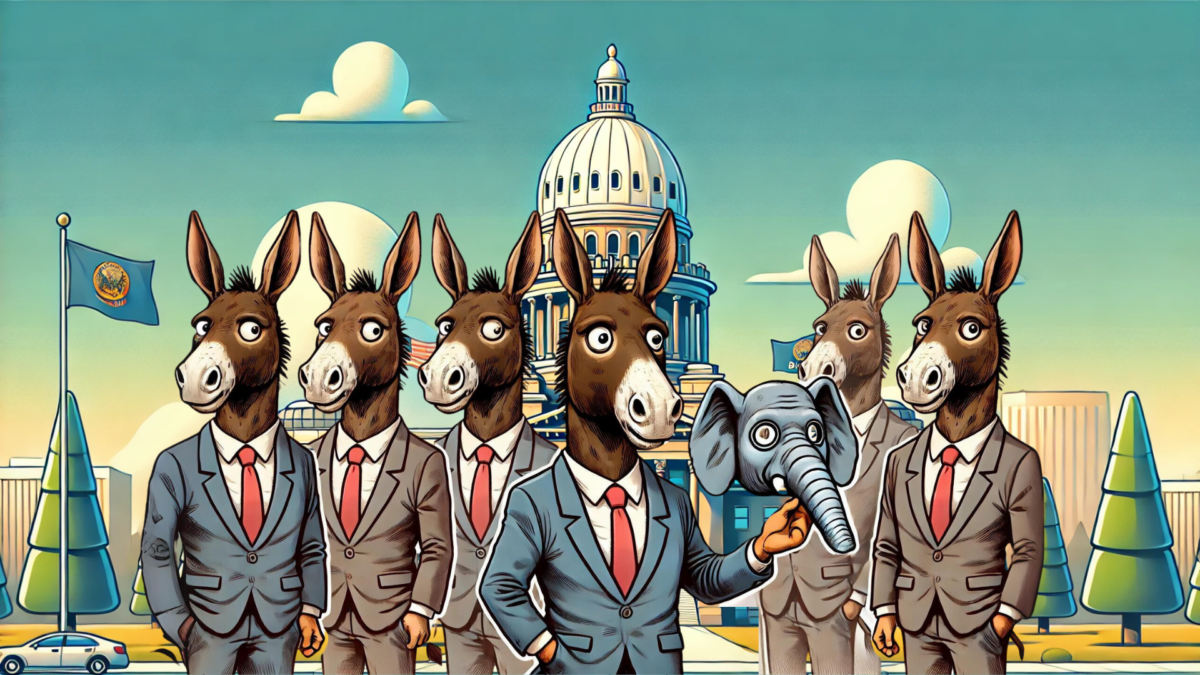-

Idaho Freedom Foundation, Idaho Freedom Action Joint Statement on Veto of Senate Bill 1023, The Medical Freedom Act
Today, Gov. Brad Little vetoed Senate Bill 1023, the Medical Freedom Act. The act would not only have ensured that Idahoans maintain autonomy over their healthcare decisions, free from government or corporate overreach, and enshrined vital medical rights, but would also have prohibited vaccine mandates from ever occurring again. This bill garnered significant support among…
-

Dishonest Prop 1 Backers Have Not Made Compelling Case
After the backers of Proposition 1 secured the initiative’s spot on the ballot earlier this year, the game changed. It became, at that moment, their job to sell a wholesale redrawing of Idaho’s tried-and-true election processes to hundreds of thousands of voters. They have largely failed to do so, even after raising millions of dollars…
-

Alaska: the Canary in the Coal Mine for Ranked Choice Voting
In Alaska’s 2022 elections, the introduction of ranked choice voting (RCV) and jungle primaries led to dramatic changes, including increased election costs, reduced voter turnout, and significant shifts in political dynamics. The total cost of the election exceeded $11 million, representing a 328% increase compared to the elections from 2010 to 2020. Much of this spike…
-

Mike Simpson, Scott Bedke Come Out Against Prop 1
The final members of Idaho’s leadership on both federal and state levels have announced their opposition to Proposition 1, which will be on Idahoans’ ballots in November. Congressman Mike Simpson, who represents Idaho’s 2nd Congressional District, confirmed with Idaho Dispatch that he opposes the proposition that, if passed, would implement jungle primaries and ranked choice…
-

Ranked Choice Voting – Deceptions and Lies
Ranked choice voting (RCV), also known as Proposition 1 on our ballots in November, is a dangerous, confusing, and troublesome gambit. If you have any doubts about the integrity of the election process in Idaho, switching to RCV would likely make things worse. Here are just a few of the bizarre realities of RCV. Maine…
-

Dirty Secret: Proposition 1 Would Encourage Political Candidates to Lie to You
There’s a lot to dislike about Proposition 1. One half of the initiative, ranked choice voting, is confusing, error-riddled, and nearly impossible to audit. The other half, open primaries, would undo much of the progress conservatives have made in the Legislature in the past few election cycles.





